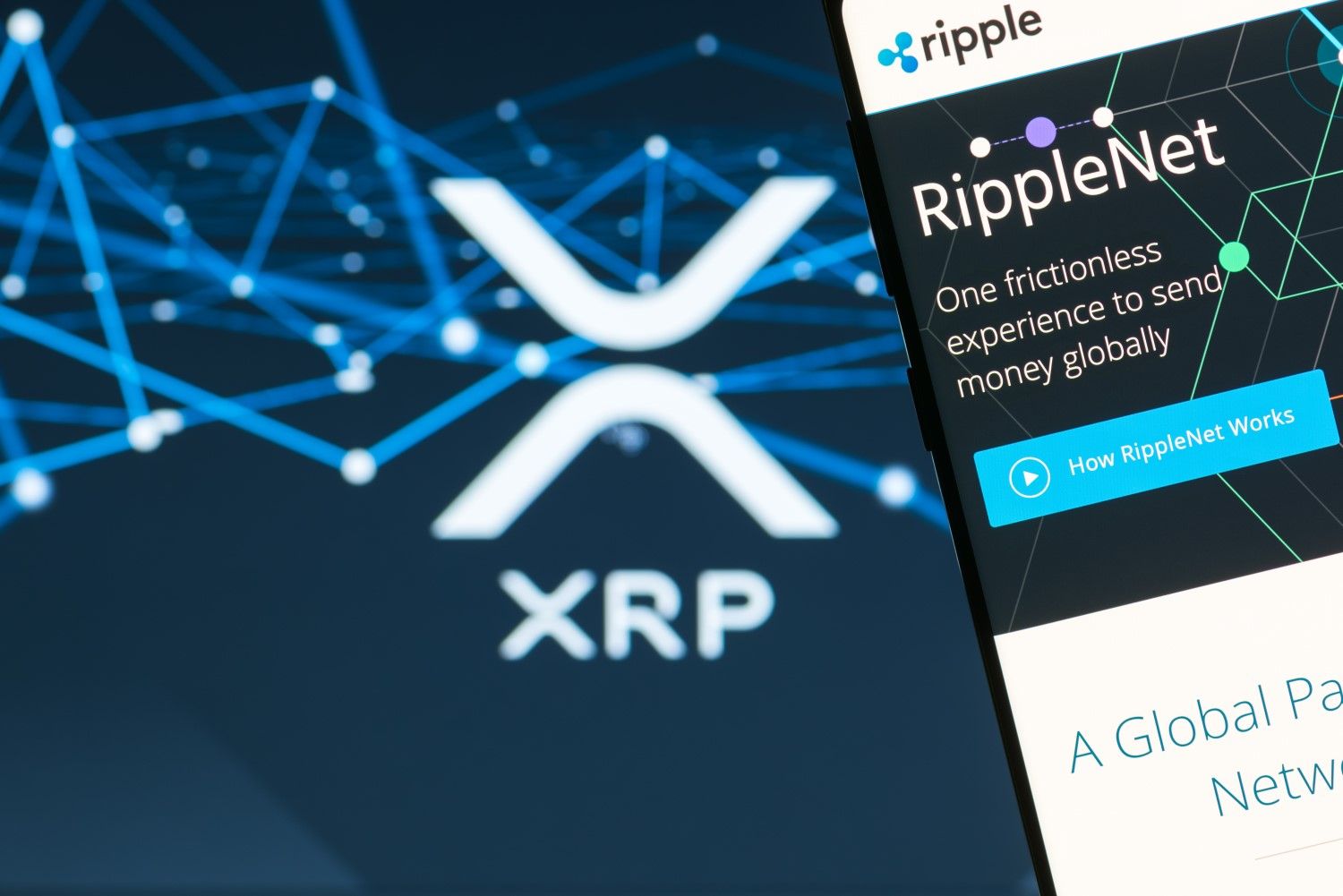Cardano and IOG (Input Output Global) are working together to elevate Plutus’ status. The smart contract programming language is set to receive a huge upgrade with the next Cardano update.
Set for February, the update will allow Plutus to support Schnorr and ECDSA (Elliptic Curve Digital Signature Algorithm) signatures. As two of the most popular signature schemes, Schnorr and ECDSA are used in many blockchains.
Ethereum and Bitcoin also use ECDSA, while Schnorr has been proven a viable ECDSA alternative. Seeing how the language is used in Polkadot, the upcoming update is expected to immensely boost Plutus’ use cases.
Cardano has been using EdDSA (the Edwards-curve Digital Signature Algorithm) with Ed25519. It enables small signature sizes and quick signature verification, improving the security and performance of the network.
In addition, Ed25519 has been integrated with more resilience to cryptographic attacks, which makes it a safer choice. The fact that Ripple, Monero, and several other blockchains use it shows the same.
Till now, Plutus has only supported Ed25519 for in-built functions. While the language is quite handy, the prevalent use of Schnorr and ECDSA makes Plutus undesirable to several developers. Unless Plutus has innate support for these languages, using them could be time-consuming and costly.
This is what IOG and Cardano are proposing now. Plutus will get in-built functions that support the signatures, allowing developers to access new threshold or multi-signature designs on Cardano.
The platforms have been undergoing intensive testing since November 2022, and now the technology is about to be deployed. Cardano has already notified exchanges regarding the update, giving them ample time to make adjustments. Currently, the scheduled time for the mainnet upgrade is February 14, 21:44 UTC. Similarly, IOG is trying to release the pre-production test environment on February 11, 00:00 UTC.
Read More: news.google.com









 Bitcoin
Bitcoin  Ethereum
Ethereum  XRP
XRP  Tether
Tether  Solana
Solana  Dogecoin
Dogecoin  Cardano
Cardano  USDC
USDC  Lido Staked Ether
Lido Staked Ether  Avalanche
Avalanche  TRON
TRON  Shiba Inu
Shiba Inu  Toncoin
Toncoin  Stellar
Stellar  Wrapped stETH
Wrapped stETH  Polkadot
Polkadot  Wrapped Bitcoin
Wrapped Bitcoin  Chainlink
Chainlink  Bitcoin Cash
Bitcoin Cash  WETH
WETH  Sui
Sui  Hedera
Hedera  Litecoin
Litecoin  Pepe
Pepe  NEAR Protocol
NEAR Protocol  LEO Token
LEO Token  Uniswap
Uniswap  Wrapped eETH
Wrapped eETH  Aptos
Aptos  Internet Computer
Internet Computer  USDS
USDS  Cronos
Cronos  Ethereum Classic
Ethereum Classic  POL (ex-MATIC)
POL (ex-MATIC)  Artificial Superintelligence Alliance
Artificial Superintelligence Alliance  Bittensor
Bittensor  Ethena USDe
Ethena USDe  Render
Render  Filecoin
Filecoin  Algorand
Algorand  Arbitrum
Arbitrum  Dai
Dai  Cosmos Hub
Cosmos Hub  Stacks
Stacks  Immutable
Immutable  WhiteBIT Coin
WhiteBIT Coin  Celestia
Celestia